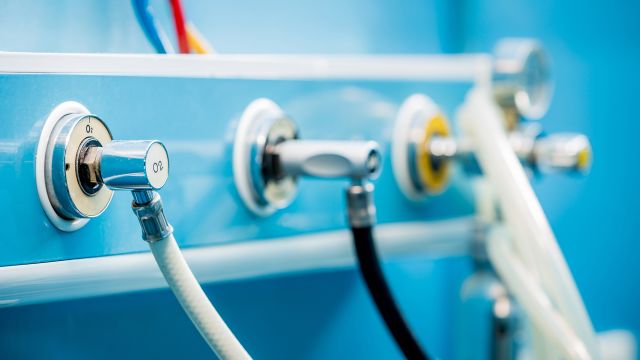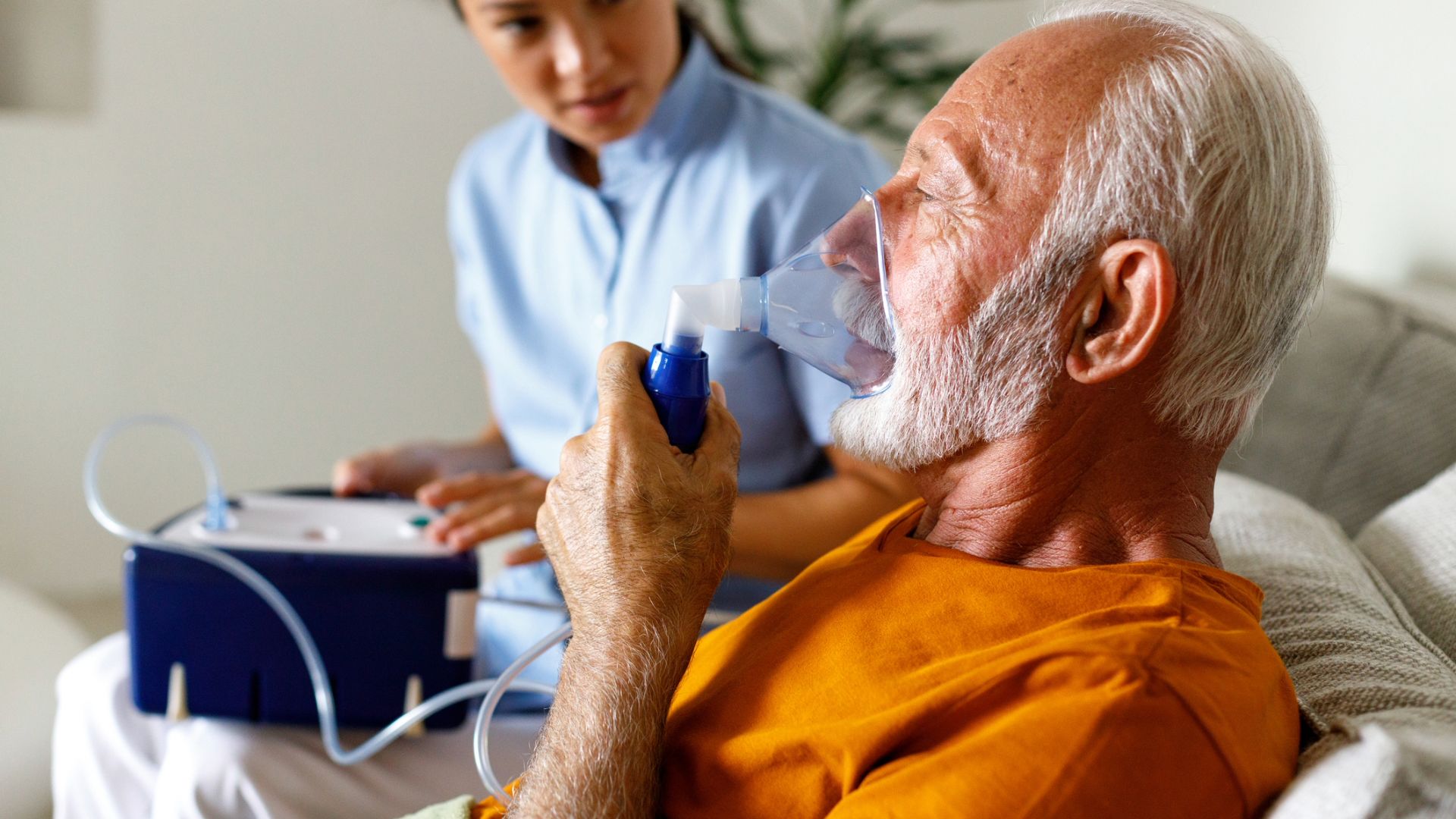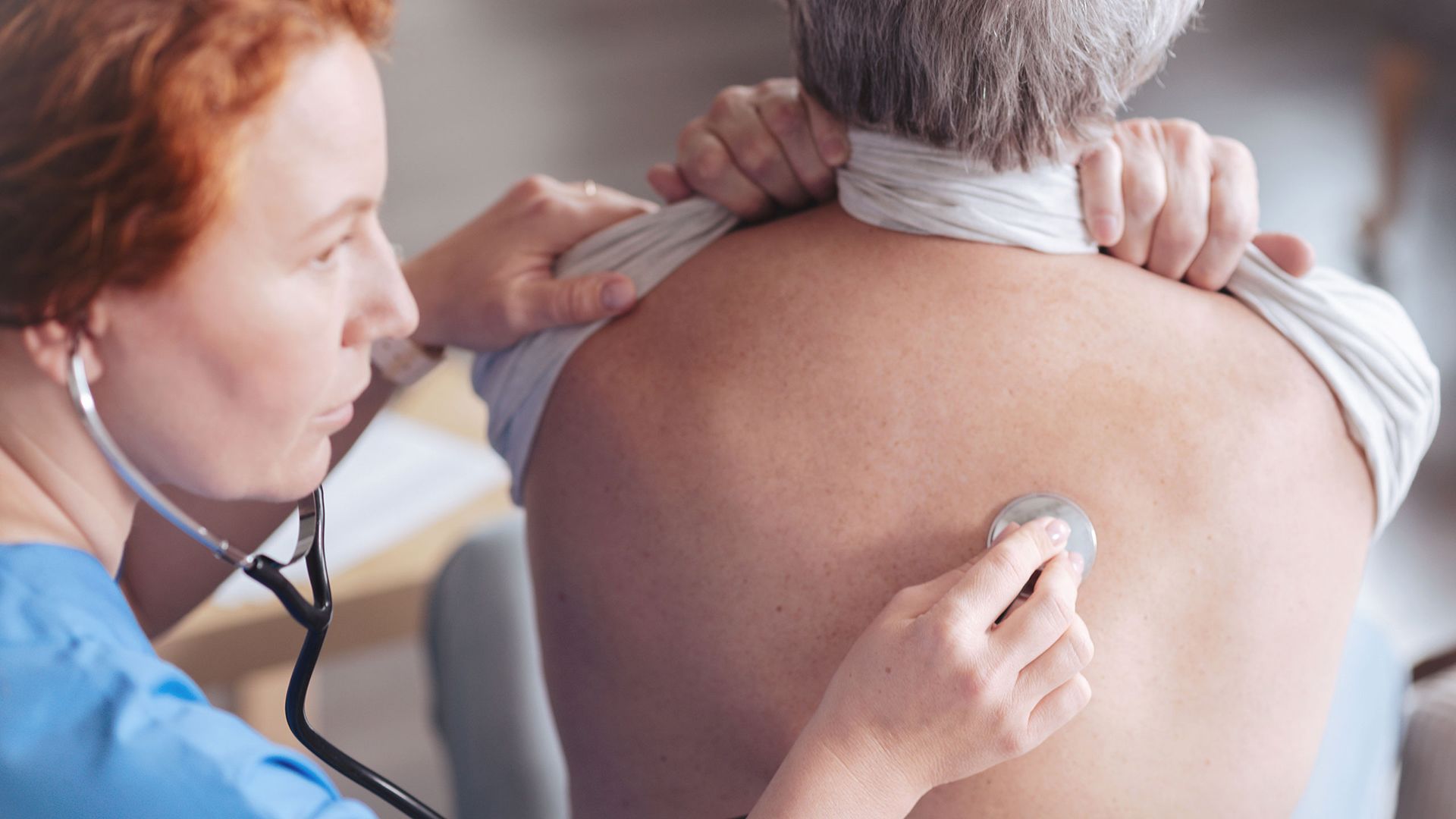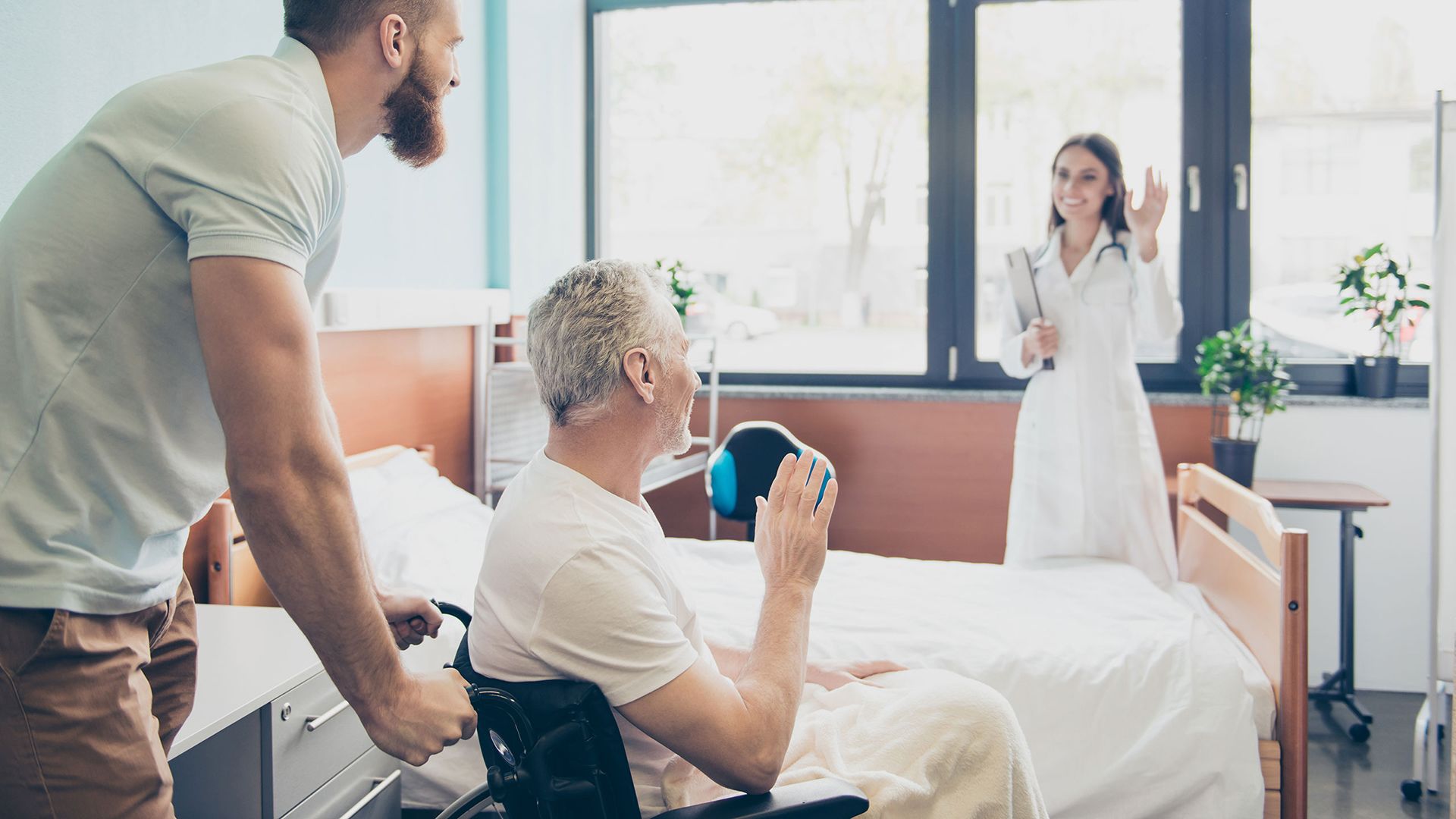Updated on June 25, 2024
When you have COPD, the twin goals of avoiding flare-ups and improving your overall lung function should set the tone for each day, whether your COPD symptoms are mild, moderate, or severe. Nothing is more important than helping you breathe better, feel better, and live better right now. But to do that, you need to forge a working partnership with your healthcare provider (HCP) or pulmonary specialist so you can learn all about COPD therapies.
COPD treatments
Fortunately, there are a variety of COPD treatment options that can help improve your symptoms, slow the progression of the disease, and minimize exacerbations.
Whether your treatment program includes medications, rehabilitation, or other therapies, follow your HCP’s instructions closely. And talk to your HCP if your COPD symptoms are not adequately controlled.
Here's a primer on some of the most common COPD therapies.
Medications
Bronchodilators are the mainstay of management for COPD. They can help you breathe better by relaxing the muscles surrounding your airways. Inhaled corticosteroids can be combined with bronchodilators for maintenance treatment. They help quell inflammation in the airways. They’re not taken alone, but as part of a combination therapy. They’re most often prescribed to people with severe COPD to help prevent and treat exacerbations.
Both quick-relief and long-acting versions of these medications are available. Corticosteroids may be given in pill form or by IV (intravenous) to treat COPD flare-ups.
Pulmonary rehabilitation
Depending on the severity of your symptoms, you may benefit from pulmonary rehabilitation. This helps you build up both your skills and your knowledge. It includes exercise training, education to help you manage the disease, social support, nutrition information, and counseling. Pulmonary rehabilitation programs may help strengthen your lungs, lessen your symptoms, lower your risk of being hospitalized, and improve your overall quality of life.
Research shows that when lung and exercise capacity improve, it can decrease shortness of breath, counter general fatigue, and help you feel more in control of your condition.
Ask your healthcare provider (HCP) to refer you to a respiratory therapist who can design a pulmonary rehabilitation program for you. These programs can take place in a clinic or in your home. Your therapist can also teach you in-home breathing techniques and activity modifications that make it easier to go about your day.
Oxygen therapy
If your blood and tissue levels of oxygen have become too low, your HCP may suggest oxygen therapy, in which oxygen is administered regularly from a portable tank or machine. According to your situation, you may need oxygen all the time or only sometimes.
This treatment may help with shortness of breath. Research shows that oxygen therapy can make it easier to perform daily activities and tasks, may improve sleep, and may help you live longer.
Surgery
In very severe or advanced cases of COPD, when other therapies no longer help, surgery is sometimes considered. Surgery removes oversized air sacs, or damaged or nonfunctioning lung tissue. In some cases, the entire lung may be replaced using a lung transplant.
All surgeries carry the risk of serious complications, and you should discuss these thoroughly with your HCP before considering a surgical option.






